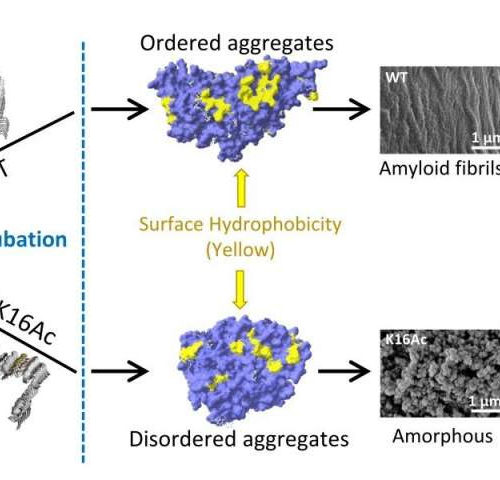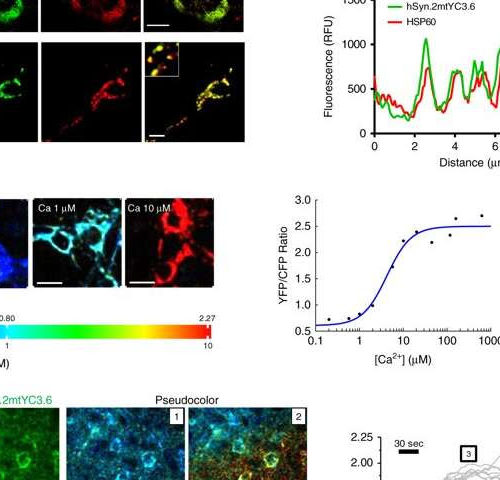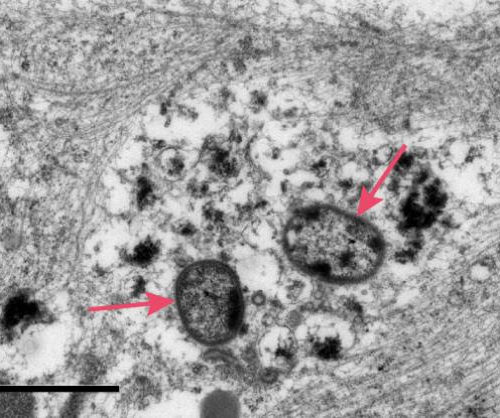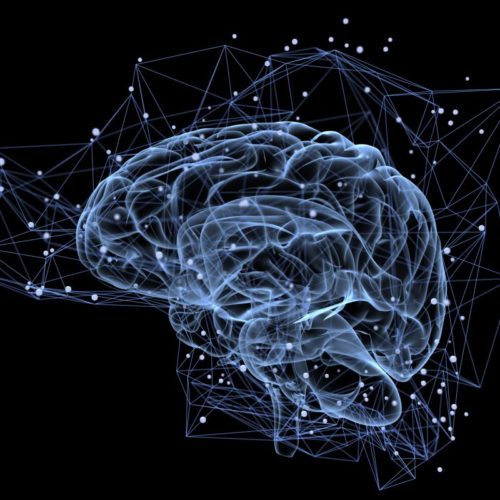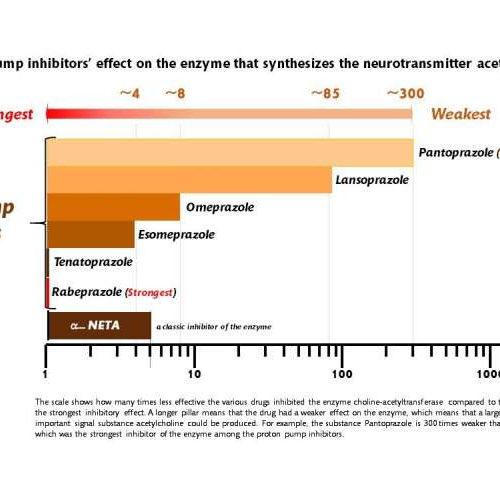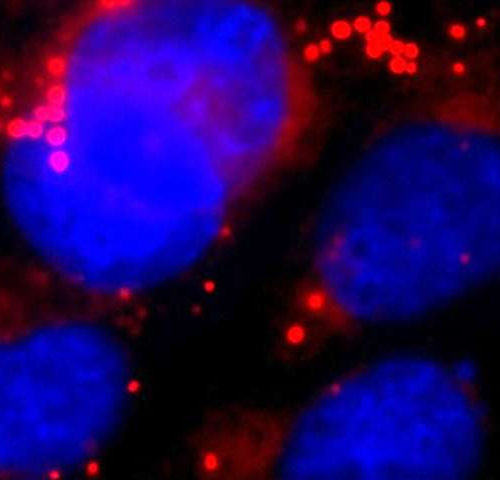A simple blood test that can detect Alzheimer’s disease (AD) has been discovered and validated in a joint effort by a McGill team and researchers in Sweden. Their results are published in the May issue of The Lancet Neurology. An accompanying commentary calls the discovery “transformative.” The blood test accurately measures one of the proteins...
Tag: <span>Alzheimer’s disease</span>
Protein shapes matter in Alzheimer’s research
by Allison Mills, Michigan Technological University Sometimes proteins misfold. When that happens in the human brain, the pileup of misfolded proteins can lead to neurodegenerative diseases like Alzheimer’s, Parkinson’s and ALS. Proteins do not misbehave and misfold out of the blue. There is a delicate ecosystem of biochemical interactions and environments that usually let them...
Researchers link high calcium levels in mitochondria to neuronal death in Alzheimer’s disease
by Brian Burns, Massachusetts General Hospital For the first time, using a mouse model of Alzheimer’s disease, scientists have documented a link between raised levels of calcium in mitochondria and neuronal death in the living brain. This relationship was previously documented in cell culture, but seeing this phenomenon in living mice makes it more likely...
Simple molecular reagents to treat Alzheimer’s disease
CREDIT: PROFESSOR MI HEE LIM, KAIST Sometimes the most complex problems actually have very simple solutions. A group of South Korean researchers reported an efficient and effective redox-based strategy for incorporating multiple functions into simple molecular reagents against neurodegenerative disorders. The team developed redox-active aromatic molecular reagents with a simple structural composition that can simultaneously...
Study finds ‘volume dial’ for turning neural communication up or down
by Massachusetts Institute of Technology Neuroscientists at MIT’s Picower Institute for Learning and Memory have found that a protein acts like a volume dial for the release of neurotransmitters, the chemicals that neurons release across connections called synapses to stimulate muscles or communicate with other neurons in brain circuits. The findings help explain how synapses...
Cortexyme publishes data on P. gingivalis ability to infect neurons
SOUTH SAN FRANCISCO, Calif. – May 6, 2020 – Cortexyme, Inc. (Nasdaq: CRTX), a clinical stage biopharmaceutical company pioneering a novel, disease-modifying therapeutic approach to treat what it believes to be a key underlying cause of Alzheimer’s (AD) and other degenerative diseases, today announced the publication of research further documenting the ability of the pathogen...
Genetic variation in a brain-cleansing water channel affects human sleep
by Public Library of Science The reason why we sleep remains an unresolved question of the 21st century. Research by Sara Marie Ulv Larsen, Sebastian Camillo Holst and colleagues from the Neurobiology Research Unit at the University Hospital Copenhagen, published this week in the open access journal PLoS Biology, now shows that the depth of...
New compound combats the metal ions and plaques linked to Alzheimer’s
By Nick Lavars While its exact causes are unknown, Alzheimer’s disease is commonly associated with clumps of toxic amyloid plaques in the brain, and researchers are continuing to understand the different components that help them take shape. Scientists at the University of Illinois at Urbana-Champaign have developed a new compound that attacks a number of...
Newly discovered mechanism can explain increased risk of dementia
by Karolinska Institutet Millions of people around the world use proton pump inhibitors for conditions like heartburn, gastritis and stomach ulcers. Researchers at Karolinska Institutet in Sweden now report that the long-term use of these drugs could increase the risk of developing dementia. Their results are published in the journal Alzheimer’s & Dementia. “We’ve been...
Protein shredder regulates fat metabolism in the brain
by University of Bonn A protein shredder that occurs in cell membranes of brain cells apparently also indirectly regulates the fat metabolism. This is shown by a recent study by the University of Bonn. The shredder, known as gamma-secretase, is considered a possible target for drugs against cancer and Alzheimer’s disease. However, the results suggest...


